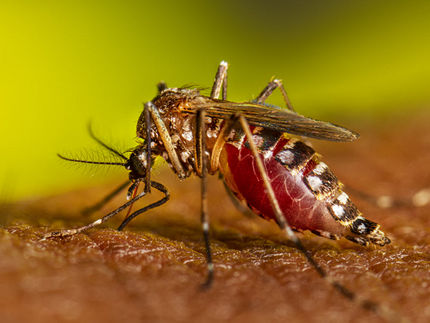Zika virus: Approaching the unknown
Advertisement
Understanding the scale and range of neurological disease associated with Zika virus infection is an urgent priority, warn researchers from the University of Liverpool's Institute of Infection and Global Health.
Since the first reports of Zika virus infection in Brazil in early 2015, its rapid spread has resulted in an estimated 1·5 million cases with 4 million predicted across the continent by the end of the year, and the declaration by the World Health Organisation of a 'public health emergency of international concern.'
Professors Tom Solomon and Matthew Baylis, who are currently developing Zika research projects as part of the National Institute for Health Research (NIHR) Health Protection Research Unit (HPRU) in Emerging and Zoonotic Infections, highlight what is known, and more importantly unknown, about the neurological effects of the virus and consider the approaches needed to tackle the outbreak.
Professor Solomon, Director of the HPRU, said: "Although Zika virus infection is strongly suspected to cause microcephaly -- a condition where babies are born with unusually small heads that can result in developmental problems - this link has not yet been proved.
"We don't want a repeat of the Dengue virus, where controversy over its apparent neurological effects existed for more than 80 years until a well-designed case-control study proved a definitive link. We urgently need to take a rigorous research approach to identifying the effects of Zika so we can develop appropriate treatment measures."
The researchers also discuss the knowledge gap in how the virus is transmitted. While the virus is primarily spread by bites from Aedes mosquitoes, the full range of mosquito vectors is still unclear. Additionally, some recent reports suggest it can also be transmitted through semen and blood transfusions.
With growing resistance to insecticides an important issue, and a Zika vaccine unlikely to be available in the near future, the destruction of mosquito breeding sites and the prevention of bites might be the best ways forward for now, the researchers suggest.
Professor Baylis, added: "We currently have a number of Zika research projects in development, in collaboration with partners in Brazil and elsewhere. These include clinical studies to better understand the disease presentation, diagnostics studies, research aimed at understanding the disease mechanisms, and transmission studies to look at how the disease is spreading."




























































